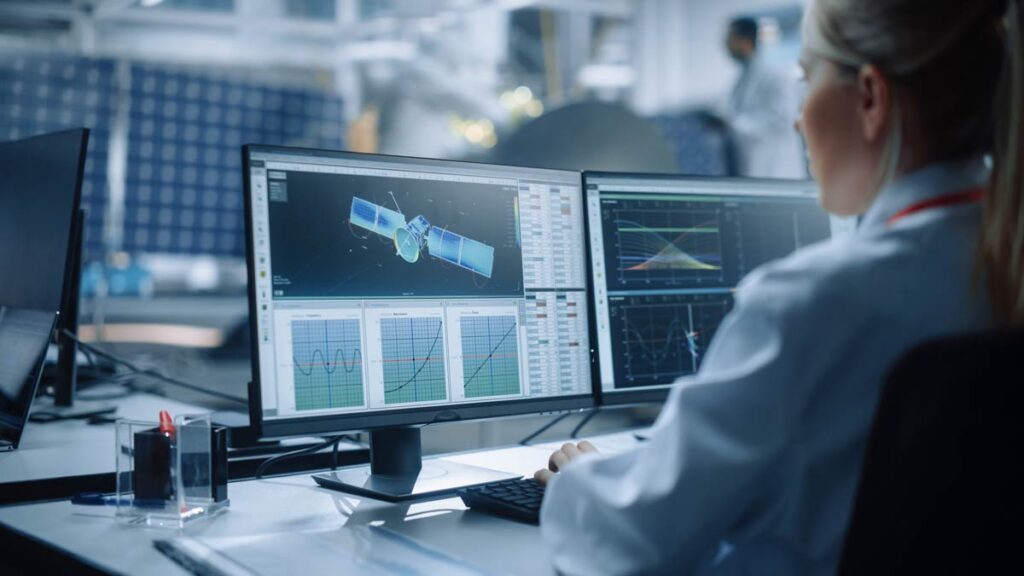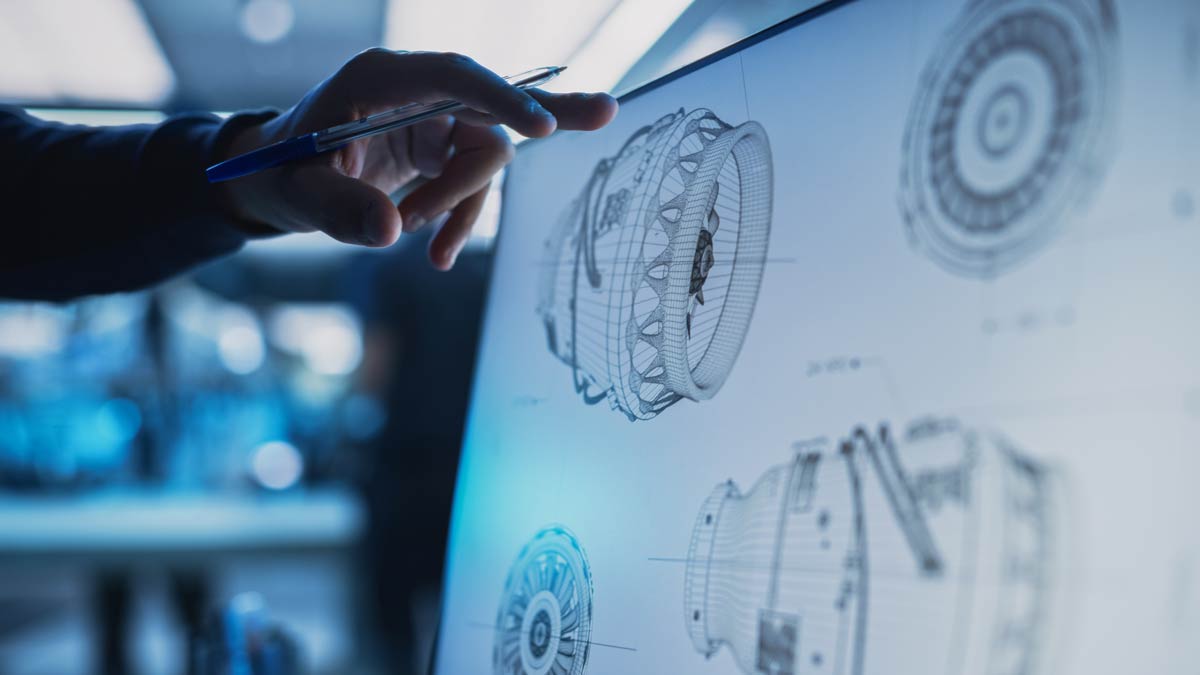
In the high-stakes world of the aerospace and defense industries, efficiency and compliance are paramount. With the advent of advanced technologies, Aerospace ERP (Enterprise Resource Planning) automation has become a cornerstone in streamlining workflows and boosting operational efficiency.
This blog delves into how aerospace ERP automation is transforming the industry, enhancing supply chain management, and ensuring adherence to quality and regulatory standards. We will explore the integration and benefits of automation in aerospace ERP systems, underscoring its crucial role in modern aerospace and defense companies.
The Rise of Automation in Aerospace ERP Systems
The aerospace industry has witnessed a significant shift towards automation in ERP systems. This evolution marks a transition from traditional, manual processes to more sophisticated, automated solutions.
Automation in aerospace ERP systems is not just a trend; it’s a response to the increasing complexity and demands of the industry. These automated solutions are pivotal in handling intricate manufacturing processes, managing vast data, and maintaining operational agility. They represent a leap forward in how aerospace companies approach their business processes, offering unprecedented efficiency and accuracy.
Key Benefits of Aerospace ERP Process Automation
The adoption of aerospace ERP process automation brings several key benefits. Firstly, it significantly streamlines aerospace operations, eliminating manual errors and reducing lead times. Automated ERP systems provide real-time visibility into production processes, allowing for prompt adjustments and informed decision-making. This leads to improved quality control, ensuring that products meet the stringent quality standards of the aerospace industry.
Another notable benefit is enhanced supply chain management. In the aerospace and defense sectors, managing the supply chain is a complex task due to the nature of the materials and components involved. ERP automation simplifies this complexity, offering seamless coordination and tracking of supply chain activities, from procurement of raw materials to delivery of finished products.
Streamlining Operations with ERP Automation
ERP automation profoundly changes the operational landscape for aerospace companies. It introduces efficiency and precision into every aspect of the business, from manufacturing processes to regulatory compliance. For instance, aerospace ERP process automation allows for the automation of routine tasks, freeing up valuable resources for more strategic activities.
Incorporating automation in aerospace ERP platforms also means that companies can better manage their resources, predict potential issues in their production line, and respond swiftly to changing market conditions. This agility is essential in an industry where delays can have significant financial and reputational repercussions.
Enhancing Quality Control and Compliance
In the aerospace industry, maintaining high standards of quality and compliance is non-negotiable. Automated ERP systems play a crucial role in this regard. They ensure that all operations adhere to the necessary regulatory requirements and industry standards. The real-time data provided by these systems allows for ongoing monitoring and quality checks throughout the manufacturing process.
Automation also ensures compliance with various industry regulations and standards. By automating the compliance process, aerospace companies can avoid the costly penalties associated with non-compliance, ensuring that they stay ahead in a highly regulated industry.
Improving Supply Chain Management
A critical advantage of aerospace ERP automation is its impact on supply chain management. In the complex environment of the aerospace and defense industries, managing the supply chain effectively is essential. ERP automation offers a more streamlined approach, enabling aerospace companies to handle supply chain dynamics with greater agility and precision.
Automated tracking of inventory levels, supplier performance, and logistics ensures timely availability of raw materials and components, significantly reducing lead times. This efficiency is vital for maintaining the rhythm of production processes and meeting customer deadlines in a highly competitive market.
Role of Project Managers in Implementing ERP Automation

Project managers play a crucial role in the successful implementation of ERP automation in aerospace companies. They are responsible for overseeing the transition from traditional systems to automated ones, ensuring that the integration is seamless and aligns with the company’s objectives. This involves coordinating with various departments, managing the technical aspects of ERP solutions, and training staff. Effective project management ensures that the ERP system is customized to fit the unique needs of the aerospace company, ultimately leading to streamlined operations and enhanced business efficiency.
Challenges and Considerations in ERP Automation
While ERP automation offers numerous benefits, its implementation is not without challenges. One of the primary concerns is the integration of new technology with existing systems.
Aerospace companies must ensure that their current infrastructure can support new ERP solutions. Additionally, the cost and complexity of ERP systems can be significant, requiring careful financial planning and resource allocation. Employee resistance to new technologies is another common challenge, necessitating comprehensive training and change management strategies to ensure a smooth transition.
Looking Ahead: The Future of ERP Automation in Aerospace and Defense
The future of ERP automation in aerospace and defense industries looks promising, with ongoing advancements in technology paving the way for more sophisticated solutions. The integration of artificial intelligence and machine learning algorithms in ERP systems is anticipated to further enhance decision-making and predictive analysis capabilities.
These advancements will enable aerospace companies to anticipate market trends, optimize operations, and maintain a competitive edge. As the industry continues to evolve, ERP automation will play an increasingly significant role in shaping the future of aerospace and defense companies.
Conclusion
ERP automation represents a transformative shift in the aerospace and defense industries, streamlining workflows, enhancing efficiency, and ensuring compliance with regulatory requirements. The integration of automated solutions in aerospace ERP platforms is not just a trend but a strategic necessity for companies looking to thrive in a competitive and complex market.
By embracing ERP automation, aerospace and defense companies can achieve operational excellence, maintain high standards of quality control, and stay ahead in the race for technological advancements. As the industry continues to evolve, the role of ERP automation in shaping its future becomes ever more evident, making it an indispensable tool for any aerospace company aiming for success.
